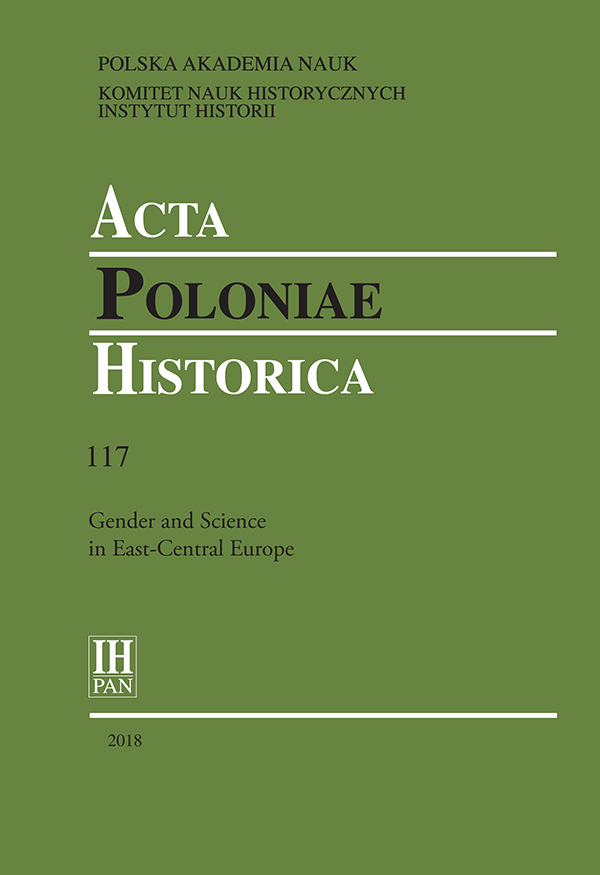Exclusion and Inclusion in the Legal Professions: Negotiating Gender in Central and East Central Europe, 1887–1945
Exclusion and Inclusion in the Legal Professions: Negotiating Gender in Central and East Central Europe, 1887–1945
Author(s): Sara L. Kimble, Marion RöwekampSubject(s): Cultural history, Political history, Social history, Gender history, Modern Age, Recent History (1900 till today), 19th Century, Pre-WW I & WW I (1900 -1919), Interwar Period (1920 - 1939), WW II and following years (1940 - 1949)
Published by: Instytut Historii im. Tadeusza Manteuffla Polskiej Akademii Nauk
Keywords: Comparative women’s legal history; history of the legal professions; women’s rights movements; gender discrimination; gender equality; women’s legal status; judges; attorneys; legal practice; citizens
Summary/Abstract: This article examines the struggle by women to gain access to higher education opportunities in law and to secure the right to work in the legal profession between the 1880s through the 1940s in Central and East Central Europe. Activists challenged the exclusion of women from universities and the field of law by testing meritocratic and democratic principles or holding to account constitutional commitments to equality. The lawyers’ movement they subsequently created acted as a spearhead for the legal wing of the women’s emancipation movement that sought to reform women’s rights in national legislation and the civil codes. These processes were integral to the negotiation of gender roles in Central European countries from the late-nineteenth to the mid-twentieth centuries. Moreover, the rise of pan-European female lawyers’ associations illustrates the broader significance of these legal struggles. In the history of the women’s rights movements, the right to work in the legal professions and in civil service was also integral to the larger struggle for full citizenship rights.
Journal: Acta Poloniae Historica
- Issue Year: 2018
- Issue No: 117
- Page Range: 51-93
- Page Count: 43
- Language: English

